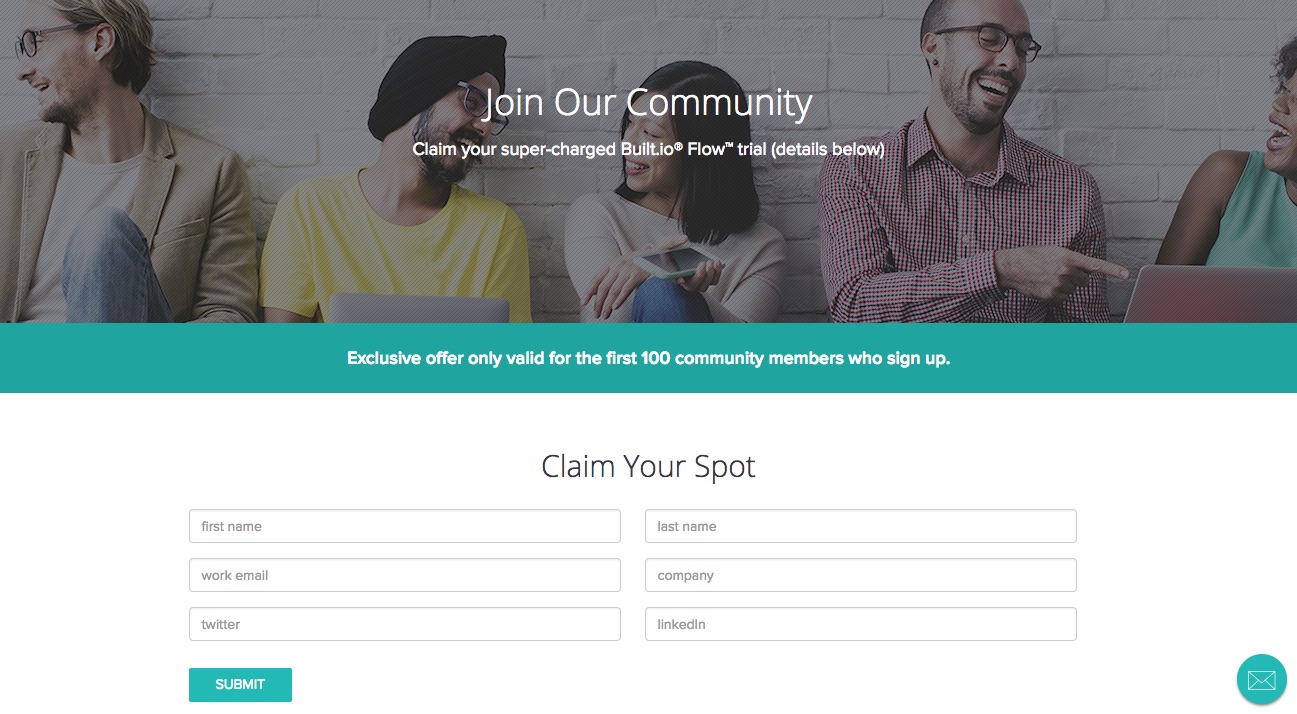Newly launched company Point.io yesterday released its namesake enterprise Backend-as-a-Service (BaaS) mobile application development platform that allows developers to build mobile applications that can access the unstructured data in an enterprise. Focused on document management and workflow, Point.io said its BaaS platform can help enterprises adopt BYOD policies while still maintaining control of their documents.
Unlike other BaaS platforms that focus on user management, push notifications or object storage management, the company said developers can use Point.io’s platform to build document-centric mobile applications that let business users securely access and share content. “BaaS right now really has three main tenets,” said Ron Rock, CEO of Point.io.
“Most of the BaaS players out there—StackMob, Kinvey, folks like that—do a lot around user management and push notification, and they offer some form of object storage management.”
Rock said that users, be they employees, partners and customers, can access unstructured data regardless of where documents are kept in their enterprise. “When you think about an enterprise wanting to mobile-enable their content, they’ve got some challenges,” he said.
“Most of that content is stored behind the firewall in either structured data or unstructured data. There’s a lot of effort around the structured-data side, but when it comes to reaching behind the firewall and getting unstructured data, that’s where Point.io is unique.
“Point.io is really about mobile-enablement of documents behind the firewall, wrapping them with workflow and allowing you to build apps in an MBaaS environment where you can combine that unstructured data behind the firewall with commercially public data.”
With one common RESTful API, the company said documents “can be sourced to a mobile device from public, cloud-based storage services such as Box and Dropbox, as well as from behind-the-firewall repositories such as SharePoint, IBM’s FileNet and EMC’s Documentum.”
According to Michael Facemire, senior analyst of mobile and Web development at Forrester Research, Point.io’s offering is unique in how it serves the “document-driven” BaaS marketplace. “Given that the majority of business processes are document-driven at some level,” he explained, “focusing a mobile offering around this aspect has legs; simply look to the success of Dropbox, Box and Google Docs.”
But Point.io said it is different from Dropbox and other online collaboration tools because its solution uses a virtual hub of secure links instead of forcing users to make copies of documents. When asked why using links is better than using the documents themselves, Rock replied, “If you think about the traditional collaboration space—something like a virtual deal room—everybody puts all their most sensitive documents into this virtual deal room,” he said. “When the deal is done, everybody is supposed to remove those documents over time.
“Imagine I don’t have to trust you to do that. The room wasn’t populated with the documents; it was populated with links. The minute I want to stop giving you access to those documents, I simply shut off the links.”
Facemire said Point.io’s solution also allows enterprise developers a level of comfort because many of them have done some amount of document workflow development. “The overall BaaS space is still fighting for legitimacy in the enterprise, so I don’t anticipate a landslide of major enterprise deals, but I would not be surprised to see [Point.io’s solution] play a prominent role in the long-term BaaS space.”
Point.io’s mobile enterprise solution
Point.io’s mobile enterprise solution is made up of three parts: the API, the Platform and the Gateway.
API: A free set of infrastructure-agnostic capabilities that let application developers incorporate enterprise-class mobile document-management features into their projects.
Platform: A storage-aware, cloud-based middleware with document-centric features that navigate enterprise storage systems, cloud locations and dispersed geographies to ensure that document-oriented mobile apps run smoothly.
Gateway: A virtual appliance that brings the capability of the Point.io Platform on-premise to allow security-sensitive processing to run in-house rather than in the cloud. The Point.io Gateway also manages integration with corporate authentication and document-management systems.


